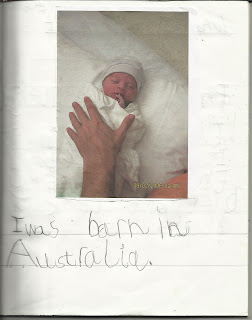Yesterday I had a quick look at what I had planned for Mr.R to focus on for Mathematics and saw this:
“Understand the operation of addition and subtraction (as difference) and use the related vocabulary”
I wasn’t sure what the learning outcome meant, yet alone how to go about teaching and learning it! Luckily I found some guidance from members of a home education group I’m in. They suggested that it meant another term for subtraction, to use a number line or 100 square and they suggested always introducing new terminology with actual physical counters (cars, leggo, or even eatable items).
So with this in mind today we tried to tackle the learning outcome! This is what we ended up with. I’m not so sure it worked so well, that Mr. R understood all the concepts, but it was the best that I could come up with. If nothing else it was an introduction to “difference”.
First I drew up a number line. Then I asked Mr. R to choose two numbers on the number line. He circled the two numbers.
Then Mr. R placed the same number of counters under each numeral he chose on the number line.
We discussed how the blocks that we moved was the difference between the two numbers he selected and circled on the number line (in this case 10 and 5).
Mr. R then counted the number of steps it took to go from 5 to 10 on the number line. The difference was the same number that we discovered when using the blocks -- 5.
We then made number sentence using the information that we found. If we have 10 and we want to make it equal 5 then we take away the difference 5. We did the same for making 5 equal 10 (add the difference).
Then we experimented with other numbers on the number line.













































